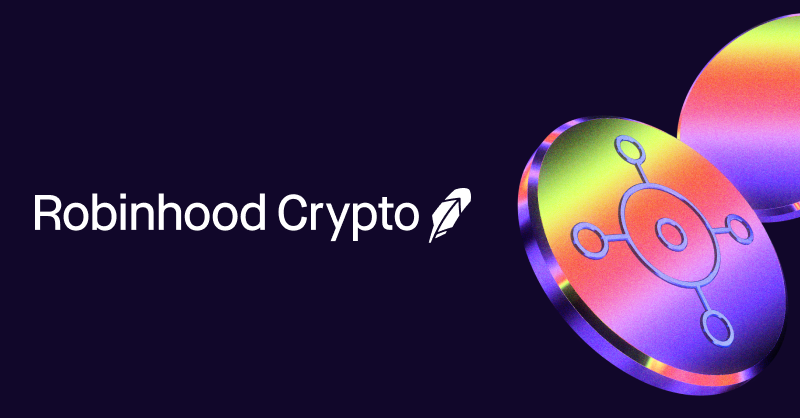Timeline Tales
Exploring the stories that shape our world, one timeline at a time.
Crypto on a Coffee Break: How to Get Started in 5 Minutes
Unlock the world of crypto in just 5 minutes! Dive into quick tips and tricks to start investing today. Don't miss out!
Understanding Blockchain: The Foundation of Crypto in 5 Minutes
Understanding blockchain is crucial for anyone looking to grasp the fundamentals of cryptocurrency. At its core, blockchain is a decentralized digital ledger that records transactions across many computers in such a way that the registered transactions cannot be altered retroactively. This feature ensures high security and transparency, making it the foundation of cryptocurrencies like Bitcoin and Ethereum. To dive deeper into how blockchain works, you can visit Investopedia's guide for an insightful overview.
There are several key components to understand about blockchain technology: decentralization, immutability, and transparency. Firstly, decentralization means that no single entity controls the entire chain, which mitigates the risk of fraud and censorship. Secondly, immutability ensures that once a transaction is recorded, it cannot be changed, creating a trustworthy record of all transactions. Lastly, the transparency of blockchain transactions allows anyone with access to the network to view the transaction history, thus building trust among users. For a comprehensive exploration of these concepts, check out Forbes' blockchain overview.

Top 3 Cryptocurrencies to Watch: Quick Insights for Beginners
As a beginner in the world of cryptocurrencies, it's essential to stay informed about the top players in the market. Here are the Top 3 Cryptocurrencies to Watch: Bitcoin (BTC), Ethereum (ETH), and Binance Coin (BNB). These cryptocurrencies not only lead in market capitalization but also have robust use cases and communities supporting their growth. For a deep dive into Bitcoin's potential, check out this Investopedia article. The unique characteristics of each make them particularly appealing; Bitcoin is often viewed as digital gold, Ethereum hosts smart contracts, and Binance Coin is integral to the Binance trading platform.
Understanding the top cryptocurrencies is crucial for anyone looking to invest wisely. Ethereum, for instance, is more than just a cryptocurrency; it powers decentralized applications and plays a pivotal role in the burgeoning DeFi sector. Meanwhile, Binance Coin is gaining traction as it fuels one of the largest cryptocurrency exchanges in the world. If you're interested in these emerging technologies, explore this Coindesk overview for more insights. Staying updated on these three cryptocurrencies can give you a head start as you navigate your journey in the crypto space.
How to Secure Your First Crypto Wallet in Under 5 Minutes
Securing your first crypto wallet is a crucial step in managing your digital assets safely. To get started, choose a reliable wallet type that suits your needs, such as a hardware wallet for offline storage or a software wallet if you prefer accessibility. Once you've selected a wallet type, visit an official website or app store to download the wallet application. Always remember to use source links that are reputable, as phishing scams often mimic popular wallets.
After installation, launch the wallet application and follow the setup wizard to create your wallet. Make sure to back up your wallet recovery phrase immediately, as this will be essential for retrieving your funds in case of lost access. To conclude the setup, enable additional security features such as two-factor authentication (2FA). This process can typically be completed in under 5 minutes, making it a quick yet vital task for anyone entering the cryptocurrency space. For more detailed information on wallet security, check out Coindesk's guide on wallet security.